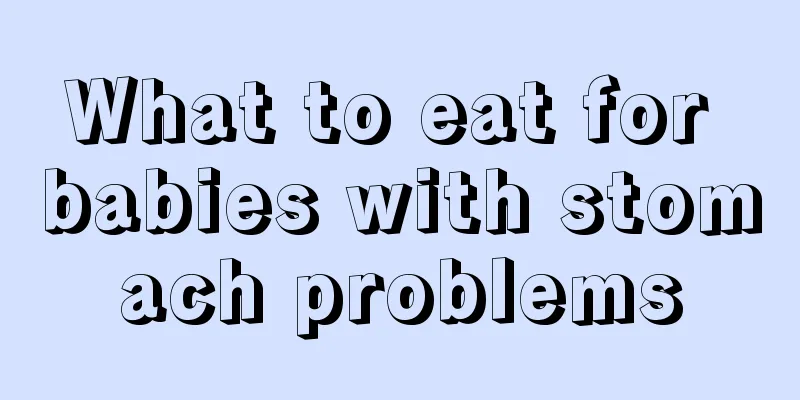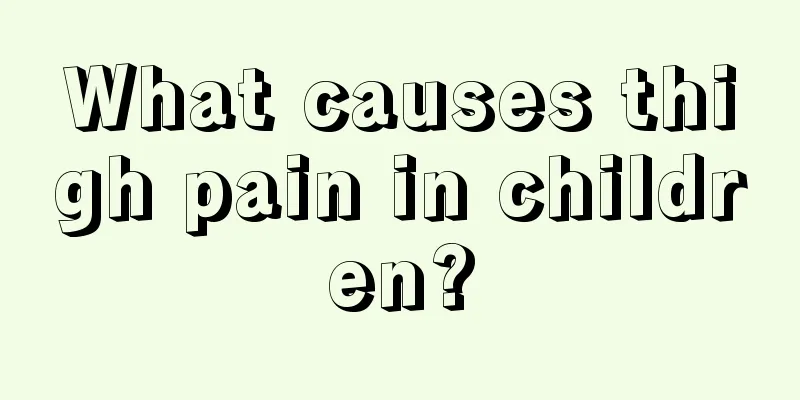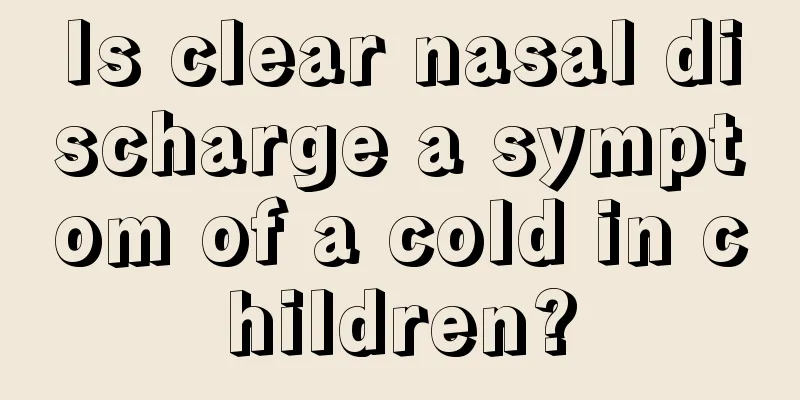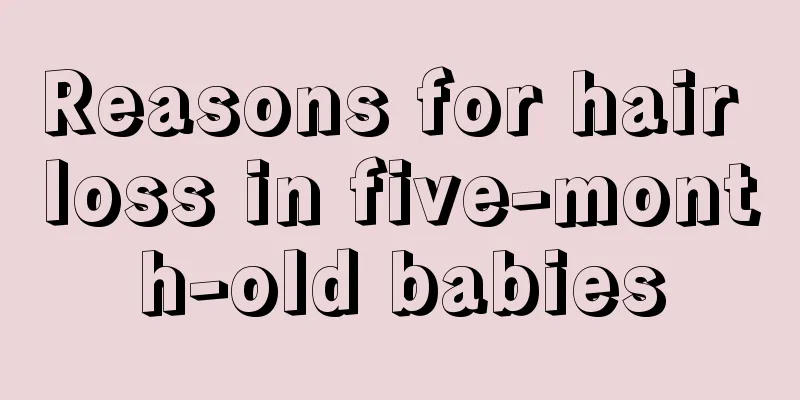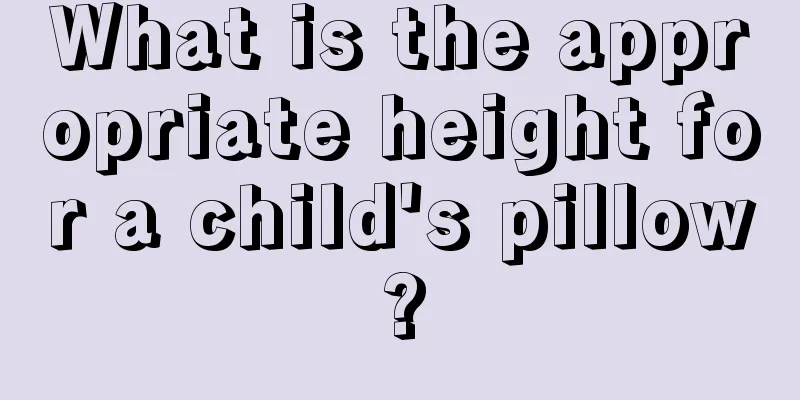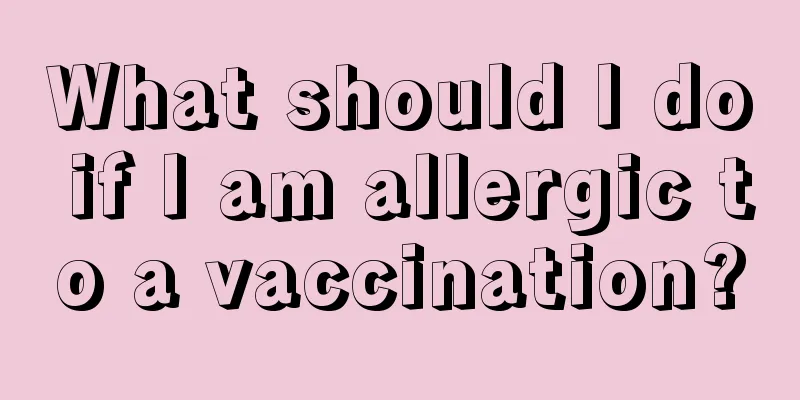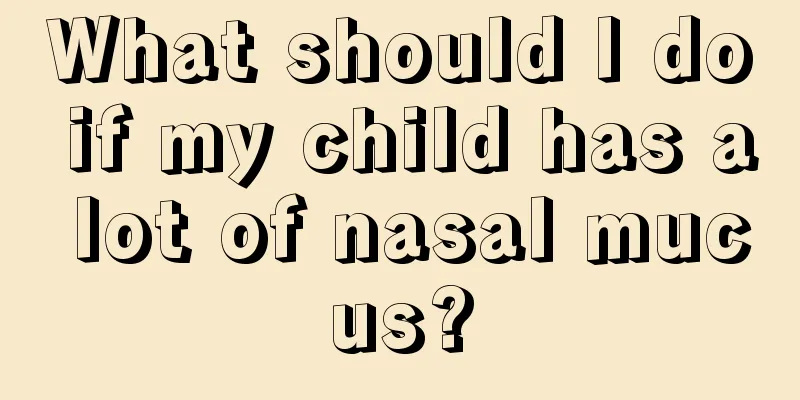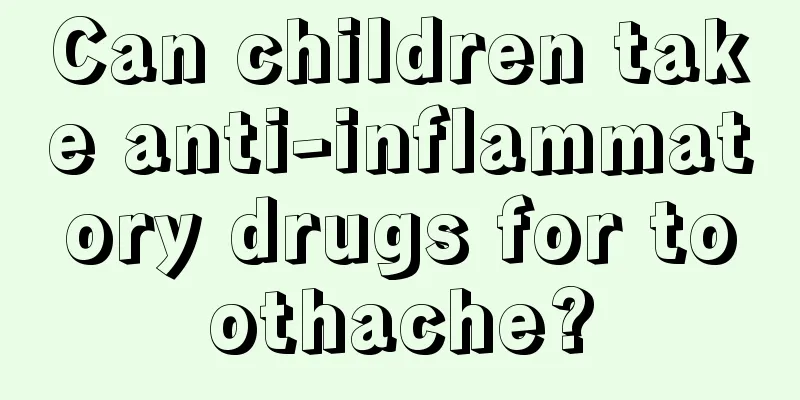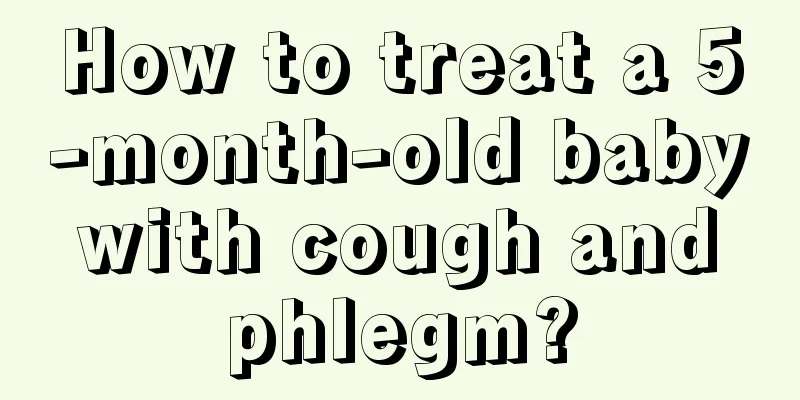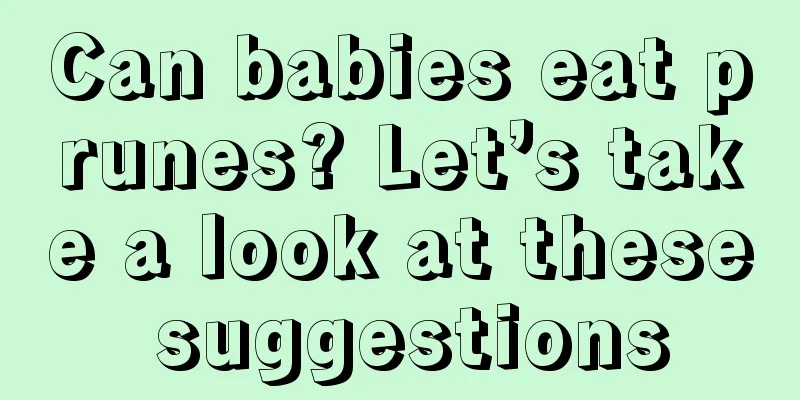What to do if your newborn hiccups after feeding
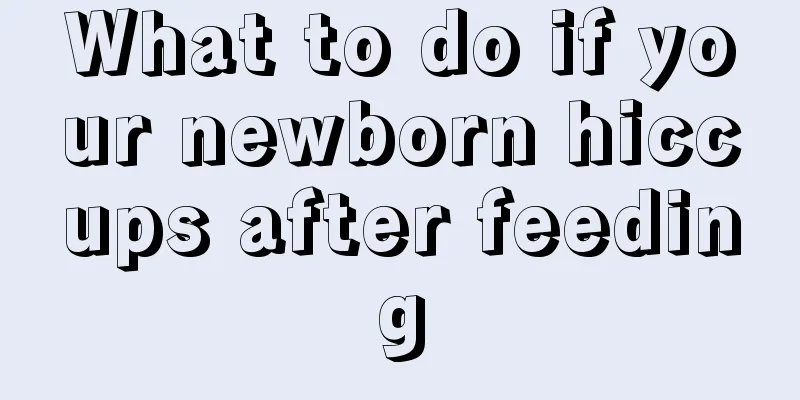
|
The birth of a newborn baby into this world is a very happy thing, so parents must learn how to take care of our newborn babies. Sometimes when mothers feed our babies, the newborns will hiccup after feeding. In fact, this phenomenon has happened to many people. So what should we do if a newborn baby hiccups after feeding? Most babies will hiccup from time to time, and some will even hiccup while in their mother's belly. Hiccups are caused by spasms in the diaphragm, the cup-like muscle that surrounds the stomach and lungs. As the stomach expands, it causes the diaphragm to spasm, thus causing the baby to hiccup. During feeding, babies may hiccup due to overfeeding or inhalation of air. The following are specific preventive measures: Hiccups due to overfeeding A baby's stomach is about the size of their fist, and a good way to tell if they're overfeeding is to measure the amount of milk you typically give them by holding their little fist against the bottle. You will be able to notice immediately if you are overfeeding. Try to have your baby eat small, frequent meals. To prevent your baby from eating too fast, you should change your baby's position every 20ml, or burp him, or let him relax and take a rest. Wait until the hiccups stop before continuing to feed your baby. If the hiccups don't stop after 5-10 minutes, giving your baby a few sips of water may stop the hiccups. This is especially important if your baby swallows large gulps. If your baby burps often, feed him before he's very hungry or when he's quiet. This will reduce the chance of burping during feedings. Hiccups due to air intake During feeding, make sure your baby's lips are at the widest part of the nipple, not the tip, so that there is a good seal between your baby's lips and the bottle. Also, tilt the bottle at a 45-degree angle to allow the bubbles to flow to the bottom of the bottle. Keep your baby upright for at least half an hour after feeding to allow air to escape from the stomach. Also, burp the baby during and after each feeding. If the above measures do not stop your baby's hiccups, there are two more possibilities to consider. That is, allergy to milk powder and gastroesophageal reflux. Symptoms of milk powder allergy include edema, abdominal pain, diarrhea and facial rash. Gastroesophageal reflux occurs when the tube connecting the stomach and esophagus does not work properly. If your baby regurgitates a large amount of milk after each feeding, or has abdominal pain after feeding and wakes up in the middle of the night due to pain, you should consider whether it is caused by gastroesophageal reflux. For this reason, holding your baby upright can alleviate the above symptoms. If you suspect reflux is a factor, try reducing the amount of milk you give and keeping your baby upright and quiet after each feeding. Because strenuous activity after feeding can aggravate reflux. If the condition worsens, consult your pediatrician. Baby hiccups There are many reasons why babies hiccup, usually because the digestive system is irritated. For example, after breastfeeding (sometimes during breastfeeding), if the baby eats too fast, feeds too quickly, swallows air into the stomach, or eats too much, it will cause hiccups. Hiccups are not a disease. As the baby grows up and his nervous system develops, the hiccups will naturally disappear. In most cases, hiccups in babies are caused by improper feeding methods. The correct way to breastfeed is: Breastfeeding When breastfeeding, the baby should be in a reclining sitting position to facilitate swallowing of milk and burping of air. Except for the first few days when the nursing mother must be in a semi-recumbent position, she should sit on a low chair with armrests with the foot on the breastfeeding side slightly elevated. Hold the baby in a reclining position with the baby's head and shoulders resting on the mother's elbow on the breastfeeding side. Use the index and middle fingers of the other hand to pinch both sides of the areola, and support the breast with the palm of the hand so that the baby can hold the areola and nipple and breathe freely through the nose. Be sure to let your baby hold the nipple and areola at the same time to avoid swallowing air by only holding the nipple. As parents, we need to learn all the methods above. Newborn baby care is very important. If a newborn hiccups after feeding, we parents need to help our baby recover quickly. Hiccups sometimes affect the baby's breathing, which is a bad phenomenon. So learn the above methods, it will be very helpful for us. |
<<: Why is it that babies wake up easily when they sleep?
>>: What is the cause of thick tongue coating in children?
Recommend
What are the symptoms of hydronephrosis in children?
Hydronephrosis in children is also a common kidne...
Can juvenile arthritis heal on its own?
For many parents, it is important to pay attentio...
Height and weight of one-year-old boy
The physical condition of the child is an issue t...
What is the normal vision of a 9-year-old child?
Everyone hopes that their children's eyesight...
What is the most effective way to treat dry cough without phlegm in children?
Diseases are very common in people's daily wo...
Causes and treatments for dandruff on baby's head
What is the situation when a baby has dandruff on...
Treatment for eczema on baby's legs
The problem of eczema on the baby's legs is p...
If the baby is not calcium deficient, does it need calcium supplementation?
Children naturally cannot lack calcium during the...
What are the basic knowledge about hand, foot and mouth disease?
Most people have heard of hand, foot and mouth di...
What are the common complications of nephrotic syndrome in children?
Don't think that only adults can get kidney d...
What to do with a baby with a bad stomach?
The health of the baby is the wish of all mothers...
What is the cause of the child's black teeth?
Every parent does not want their child's teet...
What are the symptoms of touching the fontanelle?
The fontanelle is a part that people are very fam...
Bleeding ears in children
Ear bleeding is not a very common phenomenon in l...
What procedures are required to change a child's surname?
It is the idea of the whole family to give the ...
